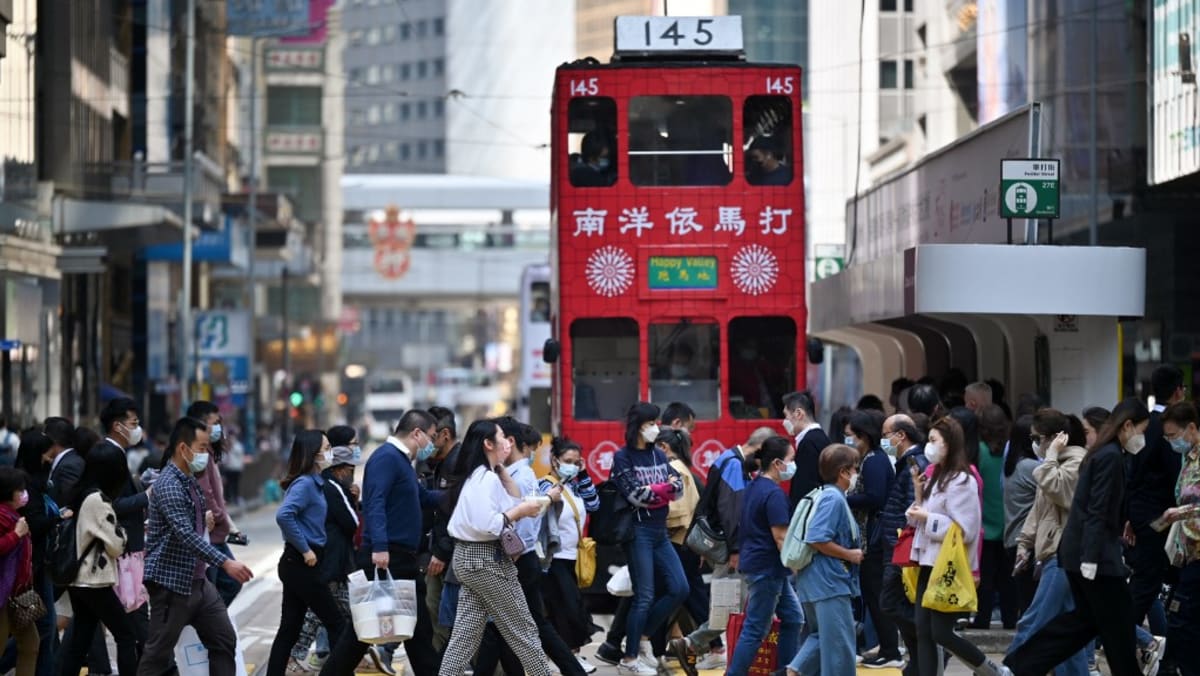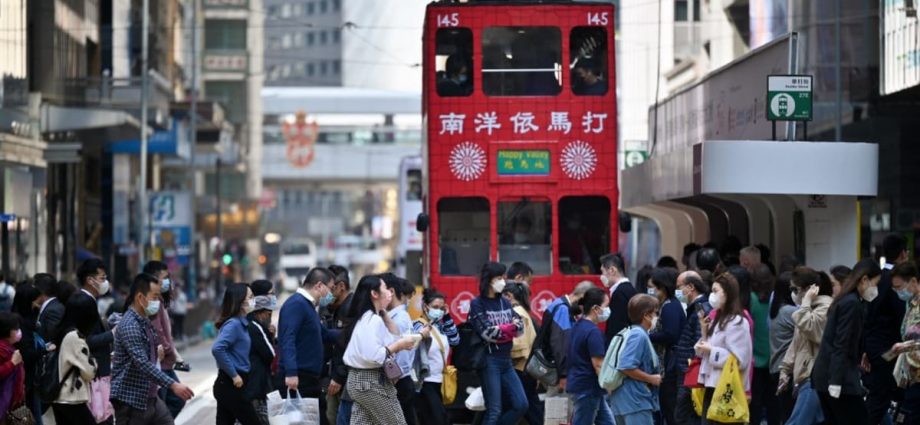
HIRING NOW: MID-LEVEL MANAGERS
Hong Kong has followed other Asian economies such as Singapore in trying to lure elite talent, setting up an “online service window” for high-income earners or graduates from the world’s top 100 universities. The government claims that within a week of its launch, it received 2,600 applications, approved 1,400 of those and aims to land 35,000 of these workers over the next three years.
But what Hong Kong needs the most are the mid-level engineers and managers it has lost rather than elites. In the recent Expat City Ranking 2022, Hong Kong ranked 46th out of 50 cities – it is where expats are unhappiest, scoring among the lowest in quality of life and dead last in political stability. Hong Kong’s attractiveness is now limited to workers from mainland China, where the unemployment rate for young people, including university graduates, is as high as 20 per cent.
Even Hong Kong’s role as one of Asia’s leading telecommunications and Internet hubs may be a thing of the past. Since 2020, United States authorities have suspended any approval for new undersea cable connections to Hong Kong, stifling growth in Internet capacity. Hong Kong-based Chinese tech firms now frequently find themselves on US sanction lists. On the other hand, legislative proposals under way will put further legal burdens and liabilities on global tech platforms, especially for matters related to national security.
The inconvenient truth is that the only way to stop Hong Kong’s talent exodus and set its technology sector policy on the right track is to reverse its political course. Government bureaucrats who are politically loyal but lack a strong vision and competency must be replaced.
But this will not happen. Hong Kong thrived on its differentiation from China, but its current political, economic and social integration has made it just like China. China no longer believes it needs Hong Kong’s golden eggs and merely wants to prevent it from being a political thorn in its side.
Charles Mok is a former member of the Hong Kong Legislative Council and is now a visiting scholar at the Global Digital Policy Incubator of the Cyber Policy Center at Stanford University. This commentary first appeared on East Asia Forum.

